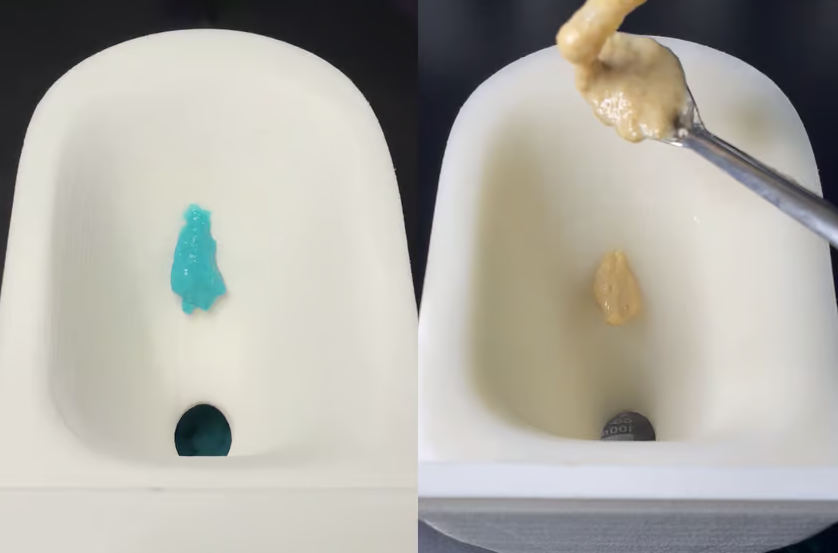At present, MRI scanners use a large magnet and radio waves to examine organs and structures inside our bodies. MRI scans are used to diagnose a variety of conditions, from torn ligaments to tumors.
But researchers at University College London (UCL) are going to elevate MRI from diagnostic equipment to a therapeutic platform. They are planning to use an MRI scanner to treat cancer. Their treatment involves infiltrating tumors with specially-designed particles and also heating them to kill the cancerous tissue.
This next-gen cancer treatment has been tested on mice. This therapy is called “minimally invasive image-guided ablation”, or MINIMA. The study is published in Advanced Science.
With this technique, doctors will be able to treat hard-to-reach cancers with a high level of precision
If all goes as per plan, it could help to combat difficult-to-reach brain tumors like glioblastoma, and prostate cancer. Researchers foresee that this technique could help patients by giving accurate treatment, reducing recovery times, and also reducing the side effects.
Lead cancer clinician in the study, Professor Mark Emberton, said, “One in 8 men will be diagnosed with prostate cancer. While treatments such as radiotherapy and surgery can be effective, they often cause unwanted and debilitating side effects such as incontinence and impotence,”
He added, “MINIMA may allow us to precisely target and destroy prostate tumour tissue, reducing harm to normal cells,”







